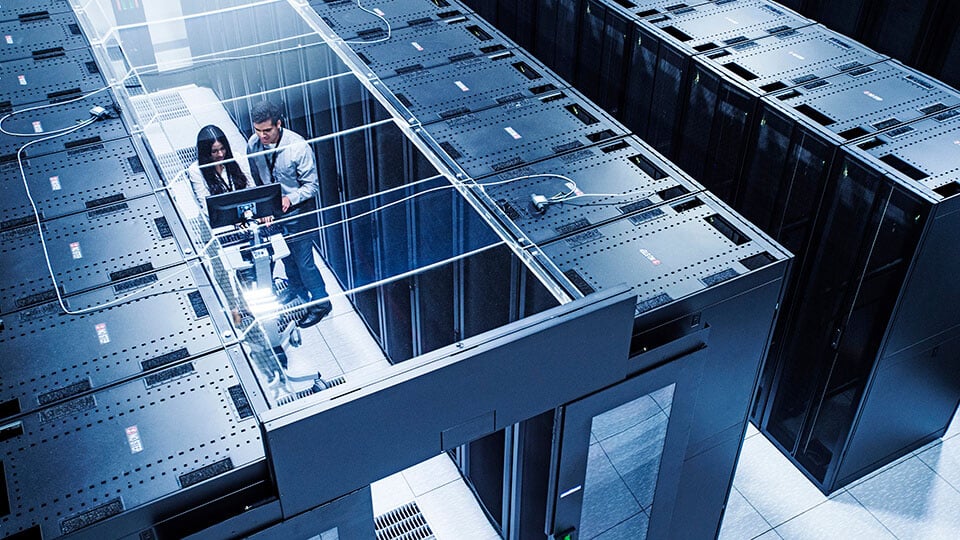Cybersecurity and Compliance
Current state
As a company, Clinisys continues to develop and improve our approach to cybersecurity, ensuring that we are not only regulatory compliant but through third-party risk management and our zero-trust approach we can support our customers in securing their labs from these attacks.

Confidential data
Most laboratories process and store large amounts of confidential data, including private medical records. This unfortunately makes them the prime target for cyber-criminals who want to steal, modify, or erase valuable data.
With hackers continuing to find new ways to exploit their victims,

Third-party risk management
Third-party relationships can introduce vulnerabilities and expose

Zero-trust approach
Organizations should not automatically trust any users, device or network and should always insist on strict authentication,
Implementing restrictions such as role-based access, which only provides users with access to the data they require to complete their own work, helps limit the damage a hacker could do if they were to access the system.

Regulatory compliance
Several governments around the world have implemented strict legal and regulatory measures that labs must adhere to protect confidential data and services from cyber-threats.
It is critical that labs ensure their suppliers keep up with regulatory changes and constantly comply with the highest level of security required by the jurisdiction in which they operate.
The shift to the cloud

The risks of legacy
Legacy systems pose significant security risks for modern laboratories. Choosing to stay on these systems can lead to:
- Increased vulnerability
End of support for legacy systems means you will not receive the necessary software updates or bug fixes to protect your lab against cyber-crime. - Compliance Violations
The use of legacy systems that have unresolved vulnerabilities putting anorganizations data at risk could lead to compliance violations. - Outdated Security Protocols
Legacy systems can be incompatible with modern security tools. Resulting inorganizations becoming more vulnerable and less responsive to cyber-attacks.

The benefits of shifting to the cloud
Moving to web-based laboratory operations hosted in the cloud will allow you to benefit from:
- Automatic Data Backup
Cloud backups automatically store your data on redundant servers to give you a reliable backup. - Skills and Resources
Public cloud providers can command the security skills and technical resources required to combat cyber-criminals. Which otherwise are very expensive. - Up-to-date Security Protocols
Regular security updates and implementation of security measures like encryption, supports the protection of confidential data against cyber-attacks. - Regulatory Compliance
Cloud service providers will comply with industry-specific regulations such as GDPR and HIPAA.
Secure your lab with the Clinisys approach
The Clinisys cloud architecture offers advanced privacy measures, comprehensive data storage and redundancy, and secure data integrations.
Our infrastructure supports industry data governance standards and regulations, including HIPAA and GDPR, to ensure your lab operations are in compliance.
Reduce the risk of accidental or intentional misuse and
Within our approach we also take a real-time observability approach, meaning our team continuously monitor and
Get in touch
If you’re interested in finding out more about how we can help support you in transforming your laboratory and meet your